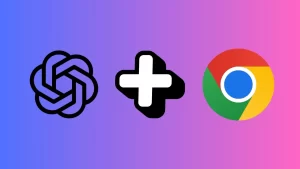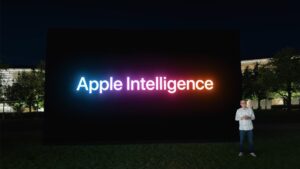How to choose the best iPhone for photography
[ad_1]
Every year without fail, Apple delivers one of the best cameras on any smartphone in its newest iPhone. Basically any iPhone you buy—even the older ones— will snap excellent photosand record videos that are basically unsurpassed.
It’s that consistency, along with the popularity of Macs among photo and video professionals, that makes the iPhone so popular among photographers and videographers. Whether you’re a pro or just an enthusiast, the iPhone that is best for photography is almost always the newest one—but which model should a photography enthusiast buy?
Best iPhone for photography: iPhone 12 Pro Max
It will be a surprise to no one that the this years’ iPhones produce better photos and videos than the ones introduced the year before. And when the next iPhone is released, it will probably be better still. That said, there actually is a best choice among the latest models, and it’s the iPhone 12 Pro Max.
Typically, the “Max” version of an iPhone is the same as the regular-sized Pro version, only with a bigger display and a bigger battery. This year, the iPhone 12 Pro Max actually has a different camera setup than the iPhone 12 Pro—and it’s worth the extra money if you want the very best photos. The only real drawback is that it’s quite big at 6.7 inches, so
The standard wide-angle camera, which is used most often, has a 47-percent larger sensor than than in the iPhone 12 Pro, and it uses sensor-shift image stabilization instead of the lens-moving method of other iPhones. The telephoto lens is also just a little bit more telephoto at 2.5x (compared to 2x on the iPhone 12 Pro). In our review, we found the difference in photo quality to be slight at best, though the zoomier zoom lens produces more dramatic shots in portrait mode. The lower noise produced by the larger sensor is more likely to matter to those who like to shoot in RAW or use third-party camera software.
It’s not the sort of difference an average user would necessarily notice or should pay extra for, but photography enthusiasts are the kind of people who push up against the boundaries of smartphone photography all the time, and would see more value from the larger sensor in challenging low-light situations.
Pro: Larger sensor, enhanced stabilization, better telephoto lens
Cons:
I have written professionally about technology for my entire adult professional life – over 20 years. I like to figure out how complicated technology works and explain it in a way anyone can understand.
[ad_2]
Source link







